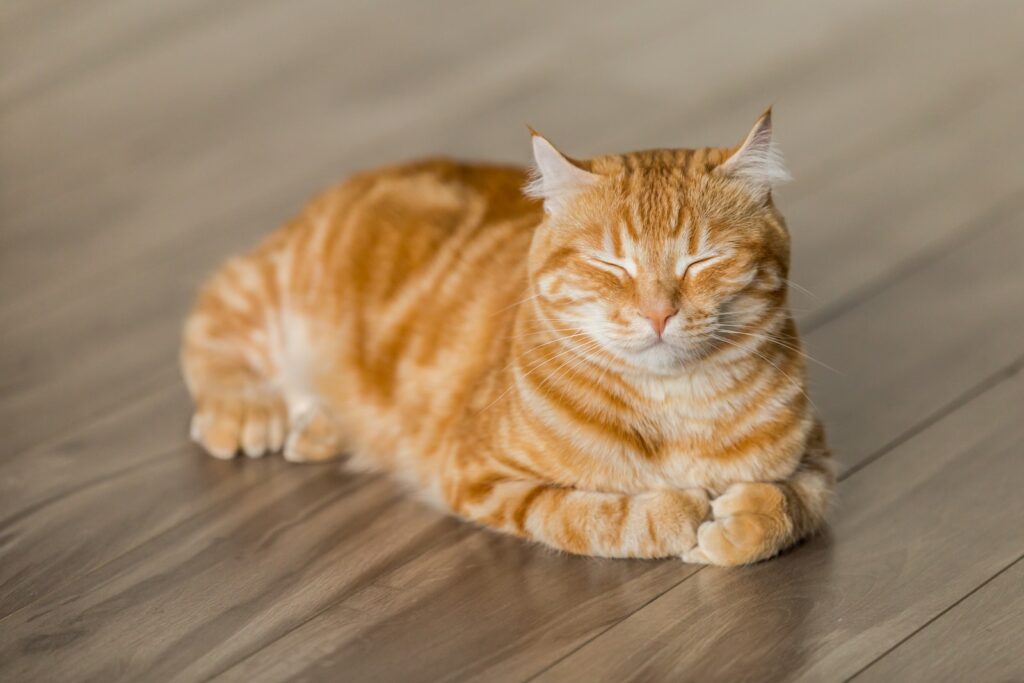Can Cats Eat Mint? — No, They Can’t
Mint is a commonly used herb in cooking and gardening, but when it comes to cats, caution should be exercised. Cats should not be given mint as it can have adverse effects on their health. Mint contains certain compounds that are toxic to cats and can lead to various health issues. It is important to prioritize the well-being of our feline friends and refrain from offering them mint or any products that contain mint.
Is It Safe for Kittens to Consume Mint?
Kittens, just like adult cats, should not consume mint. The toxic compounds present in mint can be even more harmful to their developing bodies. It is vital to keep all forms of mint away from kittens to prevent any potential health complications.
Risks Associated with Feeding Mint to Kittens
Feeding mint to kittens can pose significant risks to their health. The toxic compounds can have a detrimental effect on their digestive system, potentially causing stomach upset, diarrhea, and vomiting. Furthermore, kittens have a delicate immune system, and consuming mint can weaken their immunity, making them more susceptible to illnesses.
Why Mint is Not Recommended for Cats
Toxicity and Digestive Issues
Mint contains essential oils, such as menthol and salicylate, which are toxic to cats. These compounds can cause gastrointestinal problems, including stomach irritation, vomiting, and diarrhea. Cats are obligate carnivores, and their digestive system is not designed to process plant matter like mint.
Potential Allergic Reactions
Cats may also develop allergic reactions to mint. Symptoms of allergy can include excessive itching, skin rashes, sneezing, coughing, and difficulty breathing. It is crucial to monitor your cat closely if you suspect an allergic reaction and seek immediate veterinary attention.
Nervous System Effects
The compounds found in mint, such as menthol, can have a negative impact on a cat’s nervous system. Ingesting mint can lead to excessive drooling, disorientation, and even seizures. These neurological symptoms should never be ignored, and prompt veterinary care should be sought.
Known Health Issues in Cats from Consuming Mint
Cats that have consumed mint may experience various health issues. These can include gastrointestinal distress, such as vomiting and diarrhea, which can lead to dehydration and electrolyte imbalances. Additionally, mint can cause allergic reactions in cats, resulting in skin irritation, excessive scratching, and respiratory difficulties.
What to Do If a Cat Has Consumed Mint?
- Remove the Source: If your cat has ingested mint, remove any remaining mint leaves or products containing mint from their environment to avoid further exposure.
- Monitor for Symptoms: Keep a close eye on your cat for any signs of gastrointestinal distress, allergic reactions, or neurological symptoms. If any concerning symptoms arise, contact your veterinarian immediately.
- Offer Fresh Water: Ensure your cat has access to fresh water to prevent dehydration, especially if vomiting or diarrhea occurs.
Safe Alternatives to Mint for Cats
Instead of offering mint to your cat, consider some safe alternatives that can still provide sensory stimulation and enjoyment. Catnip, for example, is a herb that cats react to, but it is non-toxic and generally well-tolerated. Always check with your veterinarian before introducing any new treats or herbs into your cat’s diet.
Conclusion
Mint is not suitable for cats and should be kept away from their reach. The toxic compounds present in mint can cause various health issues, including gastrointestinal problems, allergic reactions, and neurological symptoms. As responsible cat owners, we must prioritize the well-being of our feline companions and offer them safe alternatives instead.






